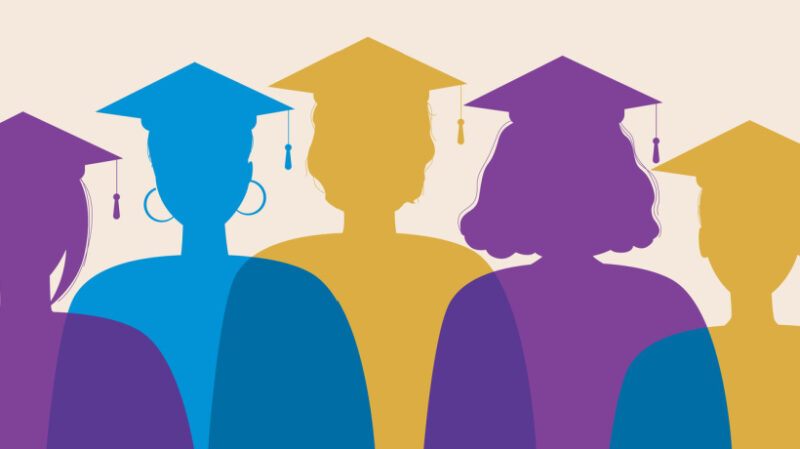[ad_1]

Enhancing Inclusivity And Bridging The Divide
Digital accessibility is an essential aspect of online content today. Whether your content is meant for information, entertainment, or marketing, digital accessibility can help you to connect better with all sections of your audience. In education, digital accessibility is all the more critical. When higher education institutions ensure digital education accessibility, they enable all users to access the same online content and have the same virtual experience. It helps bridge the educational divide by making education accessible to everyone.
Why Is Digital Accessibility Important For Educational Institutions?
A digitally accessible website has content that is perceivable, operable, and understandable by all. The website or application should also have robust and verifiable content. In the education industry, moving content to online mediums has helped open up new learning opportunities for those who did not have access to education earlier. It has reduced the lack of access to education. It has allowed students to learn from anywhere and at any time. However, online content may not be helpful for students using assistive technologies, for example.
Higher education institutions can improve their inclusivity by making online content digitally accessible. They should ensure that the content on their applications and websites is compatible with screen readers for students with visual impairments. Videos and audio files should have captions or transcripts for those with impaired hearing. It can help all students have equal opportunities in the world of education.
Moreover, all students may benefit from digital accessibility and an accessible design. For instance, students who speak a different language or have limited English proficiency may benefit from captions or transcripts in videos, which can enhance their understanding and participation in class. Accessible design also benefits students who prefer to consume content through different modalities, such as audio or visual aids.
In addition, prioritizing digital accessibility is not only essential for ensuring that all students have access to the same educational resources, it is also a legal requirement. Under Section 504 of the Rehabilitation Act and the Americans with Disabilities Act (ADA), universities are required to provide equal access to educational opportunities. Failure to comply with these laws can lead to legal consequences and harm the reputation of the institution.
How To Achieve Digital Accessibility In Higher Education?
There are many ways for higher education institutions to achieve digital accessibility. Here’s a look at some solutions for digital accessibility:
1. Compliance Checks
Regular compliance checks determine which systems, applications, and webpages fulfill the accessibility standards for your institution. Most institutions follow the ADA compliance.
2. Address Digital Accessibility Early
Ensure that all content procured by your educational institution meets the accessibility needs of all your students. Partner only with vendors committed to accessibility who can provide credible content.
3. Structured Monitoring And Oversight
Every educational institution should have a committee comprising representatives from all departments to oversee digital accessibility matters. Structured monitoring and oversight help ensure better regulation, risk management, and promotion of good accessibility practices.
4. Accessibility Training
Provide accessibility training for everyone in the institution. Even though there is no single model for accessibility training, critical takeaways of accessibility should be given at all levels and all departments.
5. Embed Accessibility Into Institutional Process
A shift in the educational institution’s strategy to make inclusivity and accessibility core principles is the first step to improving digital accessibility. Accessibility compliance is possible through continuous efforts towards an equitable and user-driven approach.
Conclusion
In conclusion, digital accessibility is essential for enhancing inclusivity and bridging the educational divide. By prioritizing accessible design, universities can remove barriers that prevent students with special educational needs from participating fully in courses, accessing course materials, and benefiting from digital technologies. Furthermore, digital accessibility also benefits students who come from diverse backgrounds, including those who speak a different language or have limited English proficiency.
Also, it is essential and, in fact, imperative for universities to comply with legal requirements and take proactive steps to prioritize digital accessibility to create an environment where every student can succeed. Educational institutions can not only empower students by enabling access to digital resources for learning, but they can also ensure that there are no legal issues. A properly accessible website and regular compliance can help higher education institutions improve digital accessibility over time.
[ad_2]
Source link
